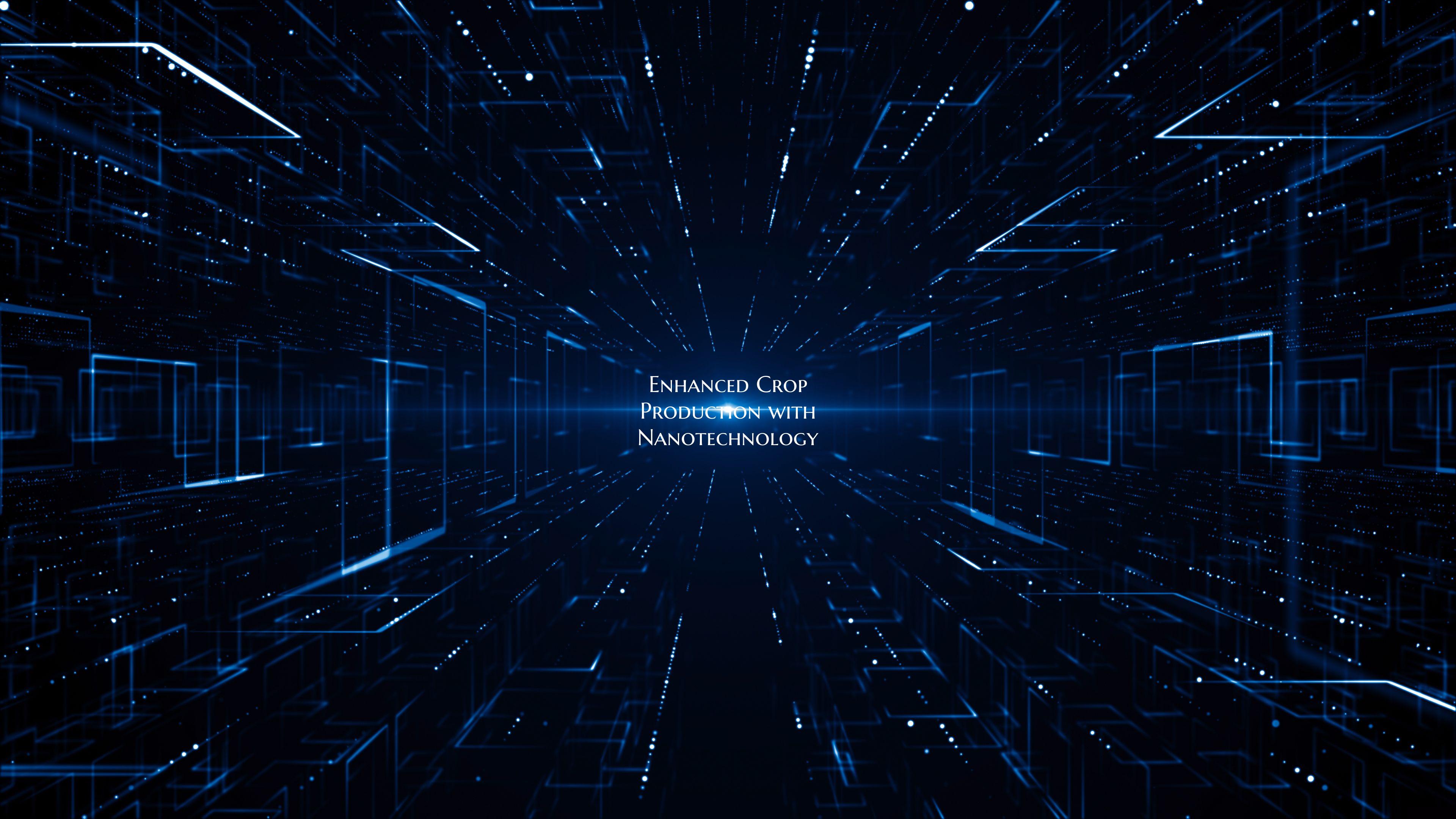Enhanced Crop Production with Nanotechnology
In recent years, the integration of nanotechnology in agriculture has shown great promise in revolutionizing crop production and addressing global food security challenges. Nanotechnology, the manipulation of materials at the nanoscale level, has opened up new avenues for enhancing plant growth, increasing crop yields, and improving overall agricultural sustainability.
One of the key benefits of using nanotechnology in agriculture is the development of nano-fertilizers. These nano-sized nutrients can be more efficiently absorbed by plants, leading to improved nutrient uptake and utilization. This targeted delivery system ensures that plants receive the right amount of essential nutrients at the right time, promoting healthier plant growth and higher crop yields.
Furthermore, nanotechnology has enabled the development of nanopesticides that are more effective in controlling pests and diseases while minimizing environmental impact. Nano-encapsulation of pesticides allows for controlled release mechanisms, reducing the amount of chemicals needed and minimizing off-target effects on non-target organisms.
Nanomaterials such as nano-clay and nano-silica have also been utilized to improve soil fertility and water retention, enhancing crop resilience to drought and other environmental stresses. These nanomaterials help regulate soil moisture levels, prevent nutrient leaching, and promote better root development, leading to improved plant growth and productivity.
Moreover, nanosensors are being used to monitor soil conditions, plant health, and environmental parameters in real-time, providing farmers with valuable data to optimize crop management practices. These sensors can detect nutrient deficiencies, pest infestations, and water stress early on, allowing for timely interventions and better decision-making in farming operations.
In conclusion, the integration of nanotechnology in agriculture has the potential to revolutionize crop production practices and contribute to global food security. By enhancing nutrient delivery, pest management, soil fertility, and monitoring capabilities, nanotechnology offers sustainable solutions to improve crop yields, reduce environmental impact, and ensure food availability for a growing population. Embracing this innovative technology can pave the way for a more efficient, productive, and resilient agricultural sector in the future.

